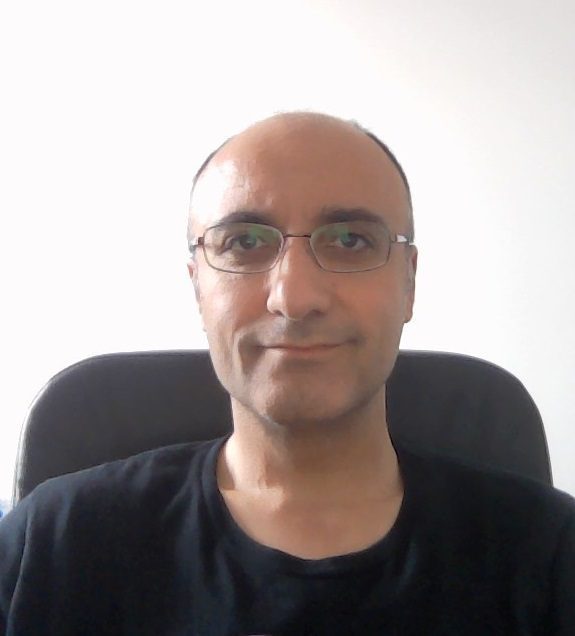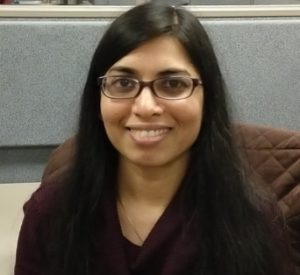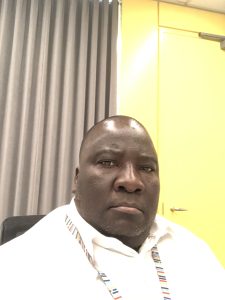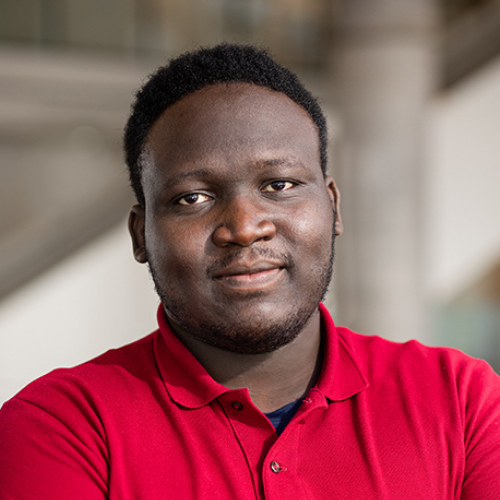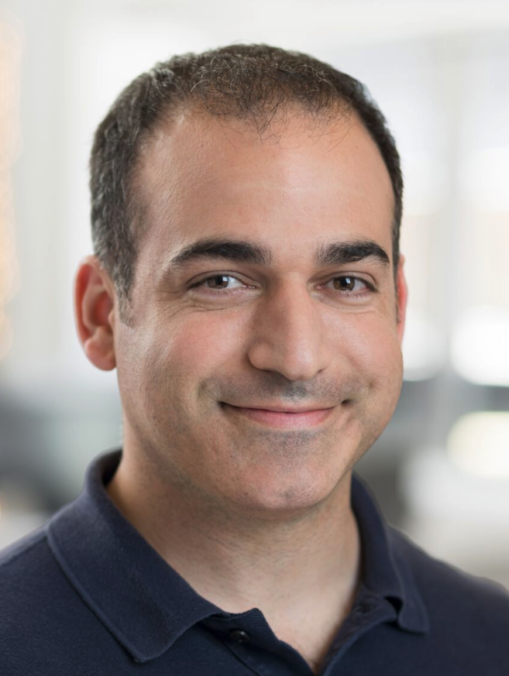Organizing Committee
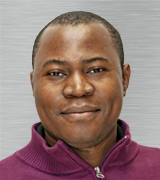
Foutse Khomh is a Full Professor, a Canada CIFAR AI Chair, and FRQ-IVADO Research Chair at Polytechnique Montréal, where he heads the SWAT Lab (http://swat.polymtl.ca/). He received a Ph.D. in Software Engineering from the University of Montreal in 2011. His research interests include software maintenance and evolution, cloud engineering, machine learning systems engineering, empirical software engineering, software analytics, and dependable and trustworthy AI/ML. His work has received four ten-year Most Influential Paper (MIP) Awards, and six Best/Distinguished Paper Awards. He has served on the program committees of several international conferences including ICSE, FSE, ASE, ICSM(E), SANER, MSR, ICPC, SCAM, ESEM and has reviewed for top international journals such as SQJ, JSS, EMSE, TSE, TPAMI, and TOSEM. He is program chair for Satellite Events at SANER 2015, program co-chair of SCAM 2015, ICSME 2018, PROMISE 2019, and ICPC 2019, and general chair of ICPC 2018, SCAM 2020, and general co-chair of SANER 2020. He initiated and co-organizes the Software Engineering for Machine Learning Applications (SEMLA) symposium. He is one of the organizers of the RELENG workshop series (http://releng.polymtl.ca) and Associate Editor for IEEE Software, EMSE, and JSEP.

Heng Li is an Assistant Professor at Ecole Polyetchnique of Montreal. He leads the Maintenance, Operations and Observation of Software with intelligencE (MOOSE) lab at Polytechnique Montréal. The mission of MOOSE is to support intelligent maintenance, operations, and observation of large and complex software systems. Heng Li received his Ph.D. in Computing from Queen’s University in 2018. At Queen’s University, he worked as a PhD student and later as a Postdoctoral Fellow with the NSERC/RIM Industrial Research Chair in Software Engineering in the Software Analysis and Intelligence Lab (SAIL). He also obtained his B.Eng. from Sun Yat-sen University (China) and M.Sc. from Fudan University (China). He has several years of experience working in the industry (Synopsys, BlackBerry) doing software development and research. To know more about his research, please visit https://www.hengli.org/publications/.

Maxime Lamothe is an assistant professor at Polytechnique Montreal and is currently looking for master’s and Ph.D. students. Maxime studied software build systems as a postdoctoral researcher in the Software REBELs Lab at the University of Waterloo. His doctoral thesis, conducted in the SENSE Lab at Concordia University, focused on reducing knowledge gaps between the users and developers of software APIs. He obtained his Ph.D. from Concordia University (2020), M. Eng. degree from Concordia University (2017), and B. Eng. from McGill University (2013).

Mohammad Adnan Hamdaqa is an Assistant Professor in the Department of Computer Engineering and Software Engineering at Polytechnique Montreal (Canada), where he heads the Software and Emerging Technologies Lab. He is also an adjunct professor in the computer science department of the University of Reykjavik (Iceland). He obtained a doctorate in software engineering from the University of Waterloo in Canada in 2016. He holds a bachelor’s degree in computer engineering, a master’s in applied science (software engineering), and a master’s in business administration. (MBA) with a minor in Management Information Systems (MIS). He is interested in the interplay between emerging technologies and software engineering. In particular, he is interested in how approaches, Software engineering methods, and practices can be adapted to tame the complexities of architecture, construction, and deployment of applications for new emerging platforms (eg, Cloud Computing, Blockchain). In addition, he is interested in how emerging technologies can be used to advance the queue of creating, evolving, and managing software applications. He has contributed and published articles in the fields of model-driven software engineering, cloud computing, and blockchain. He is a member of the IEEE Computer Society (CS) and the Association for Computing Machinery (ACM).

Jinghui Cheng is an Assistant Professor at Polytechnique Montreal. He obtained his Ph.D. degree at DePaul University, Chicago (2017), and was an associate research fellow at the University of Notre Dame (Notre Dame, Indiana) between September 2016 and September 2017. Prior to his Ph.D. study, he has accumulated years of industrial experience as a game developer. His current research combines the fields of Human-Computer Interaction (HCI) and Software Engineering (SE). He is particularly interested in exploring technologies that support practitioners who have domain-specific expertise but special information needs, including software engineers, game designers, and medical experts.

Zohreh Sharafi is an assistant professor in the Département de Génie Informatique et Génie Logiciel at Polytechnique Montréal. She was a senior research fellow in the Department of Computer Science and Engineering at the University of Michigan and an NSERC Postdoctoral Fellowship recipient. Her research falls under the umbrella of software engineering and focuses on studying the cognitive processes and human factors involved in software engineering activities. She is interested in studying and improving current software development tools and processes to make them more productive and inclusive. She received the Ph.D. from Polytechnique Montréal (Université de Montréal) in 2015, where she awarded the Fonds de Recherche du Québec Nature et Technologies (FQRNT) Scholarship. Her work has resulted in various peer-reviewed publications, published in top-tier software engineering venues. Prior to the University of Michigan, Zohreh Sharafi has worked in the financial technology sector for four years and contributed to developing the firm’s lead electronic-trading application for listed securities.

Giuliano (Giulio) Antoniol is a full professor of Software Engineering in the Department of Computer and Software Engineering of the Polytechnique Montréal where he directs the SOCCER laboratory. He worked in private companies, research institutions, and universities. In 2005, he was awarded the Canada Research Chair Tier I in Software Change and Evolution. He has served in the program, organization, and steering committees of numerous IEEE and ACM-sponsored international conferences and workshops. His research interest includes software traceability, traceability recovery and maintenance, software evolution, empirical software engineering, search-based software engineering, and software testing.
Student Volunteers
Isabella Ferreira
Mitra Lashkari
Arghavan Sanei



